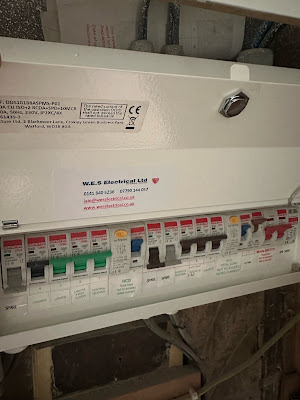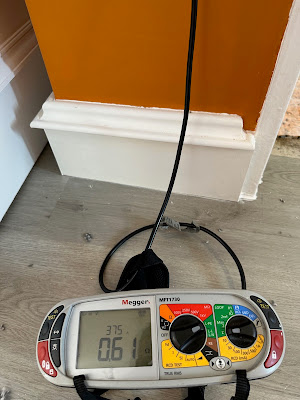FAQs on Energy Performance Certificates (EPCs) in West End Glasgow
1. What is an Energy Performance Certificate (EPC Glasgow)? An EPC provides information about a property’s energy use and typical energy costs. It also offers recommendations on how to reduce energy use and save money. The certificate includes ratings from A (most efficient) to G (least efficient).
2. Why do I need an EPC in West End Glasgow? An EPC is legally required when a property is built, sold, or rented in the UK. In West End Glasgow, like anywhere else in Scotland, you need to have an EPC to show potential buyers or tenants the energy performance of the property.
3. How can I obtain an EPC for my property? You must hire an accredited assessor who is qualified to produce EPCs. Assessors in Scotland are regulated by the Scottish Government, and you can find a local assessor in West End Glasgow by searching the Scottish EPC Register.
4. What is the cost of an EPC in West End Glasgow? The cost of an EPC can vary depending on the size and complexity of the property, but generally, it ranges from £60 to £120. It's advisable to get quotes from several assessors to find the best price.
5. How long does it take to get an EPC? The process typically takes about 1-2 hours for the assessment, and the certificate is usually available within a few days after the assessment.
6. How long is an EPC valid? An EPC is valid for 10 years from the date it is issued. However, if significant changes are made to the property (such as extensions or major renovations), a new EPC might be required to reflect these changes.
7. What happens if I don’t have an EPC when selling or renting out my property? If you fail to provide an EPC when selling or renting your property, you can be fined. Ensure that the EPC is available to potential buyers or tenants at the earliest opportunity.
8. Can an EPC improve my property value in West End Glasgow? While an EPC itself might not increase the value, a better energy rating can make your property more attractive to prospective buyers or tenants concerned about energy costs, potentially leading to a quicker sale or rental.
9. Where can I find more information about EPC requirements in Scotland? The Scottish Government’s website provides comprehensive details on EPC regulations. Additionally, local real estate agents in West End Glasgow can offer guidance based on current practices and regulations.
This FAQ should help property owners and tenants in West End Glasgow understand the basics and importance of EPCs. If you have further specific queries, consulting with a local accredited EPC assessor or real estate expert would be beneficial.






